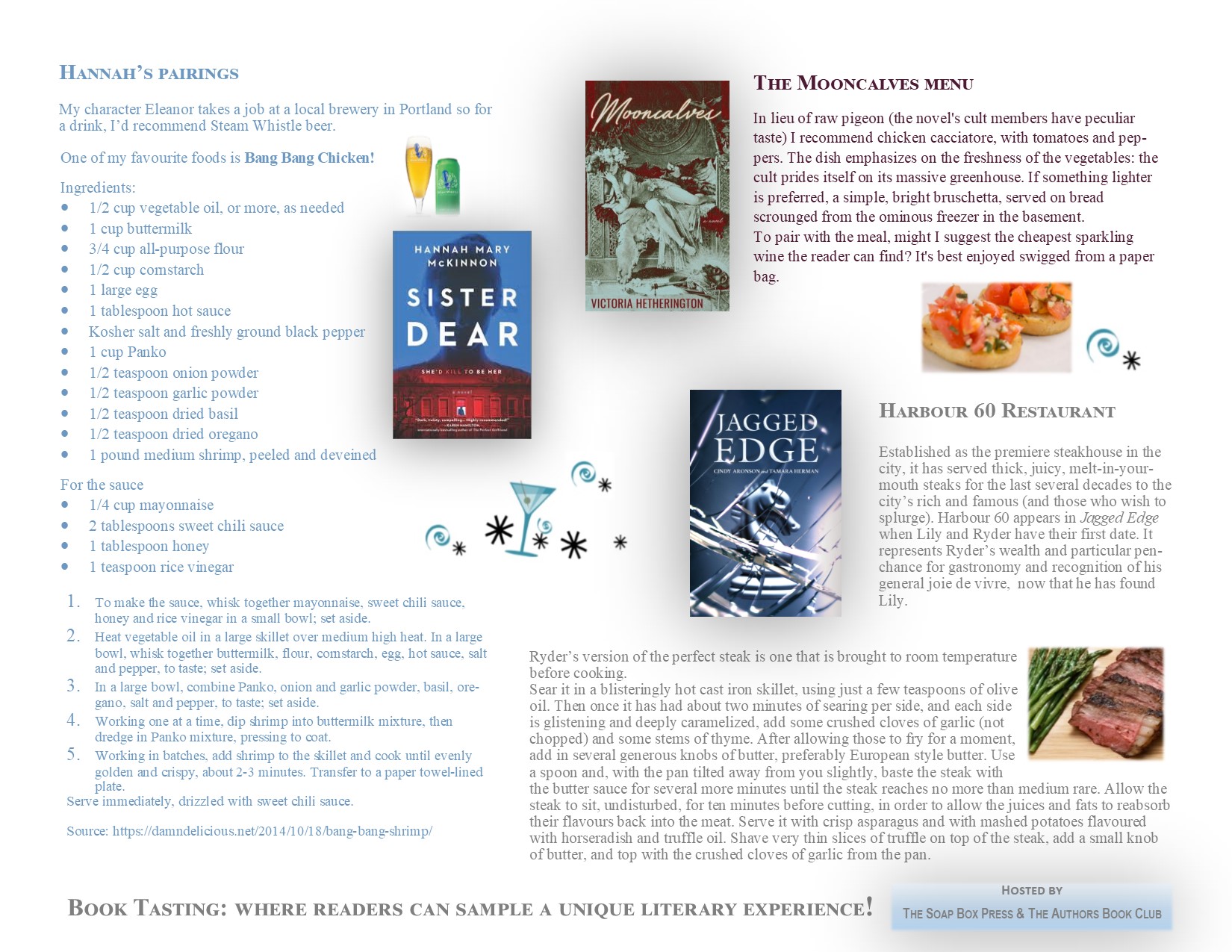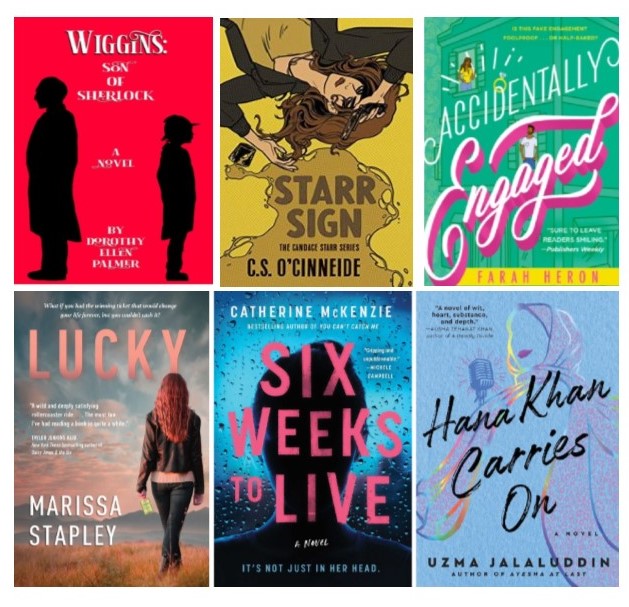This post was originally published on the 11th Floor Writers website on February 9, 2016. The bio has been updated.

Dennis Bock has penned many highly acclaimed books, including The Ash Gardens. His novel, Going Home Again, was short-listed for the 2013 Scotiabank Giller Prize. Dennis’s newest novel, The Good German, was released in fall 2020.
Dennis also teaches Creative Writing classes, including “Writing the Literary Novel: Master Class” at the University of Toronto School of Continuing Studies.
When it comes to offering advice to aspiring and emerging writers, Dennis doesn’t pull punches. He’s honest and direct, and often says things that linger in our thoughts long after class has ended. As a token of our thanks to Dennis, we’ve compiled a list of our favourites to share.
On storytelling
“I’m a huge fan of something actually happening. Make your character do something.”
“Always dramatize.”
“Always create scenes.”
“Mention all the people in the room at the outset of a scene.”
“Don’t be obscure –mysterious or cagey is not attractive.”
“Never rely on abstractions.”
“Take the reader out of the story sometimes – don’t keep them stuck in the present.”
“Be wary of putting too many plot threads.” (e.g.,“I’m confused,” said a character in one of our stories.
“So am I,” replied Dennis.)
On character
“Send your character up a tree and have him figure out how to get down. This makes your story much more interesting.”
“Don’t be afraid to take risks with your characters.”
On the narrator
“The narrator’s purpose is to give the reader a sense of what will happen, a sense there is a story, and a sense of urgency.”
“The narrator recounts something when time has passed and can comment and add wisdom on the subject.” (Similarly, when introducing a new character).
“The narrator knows the point of the book and should drop this in early on.”
“Find the narrator’s voice to keep the story focused.”
“Establish that the narrator is dead immediately.” (Only when your narrator is dead, of course!)
On dialogue
“Dialogue should be made up of only how the speaker thinks and talks. No information dumping and no stage direction. ” (i.e. “It’s 4:30,” he said.)
“Don’t use dialogue to advance the story.”
“Avoid non-words like ‘huh’ in dialogue.”
On the reader
“A reader will like a fighter, not a sufferer.”
“You have to earn the reader’s confidence.”
On writing
“Keep on writing.”












